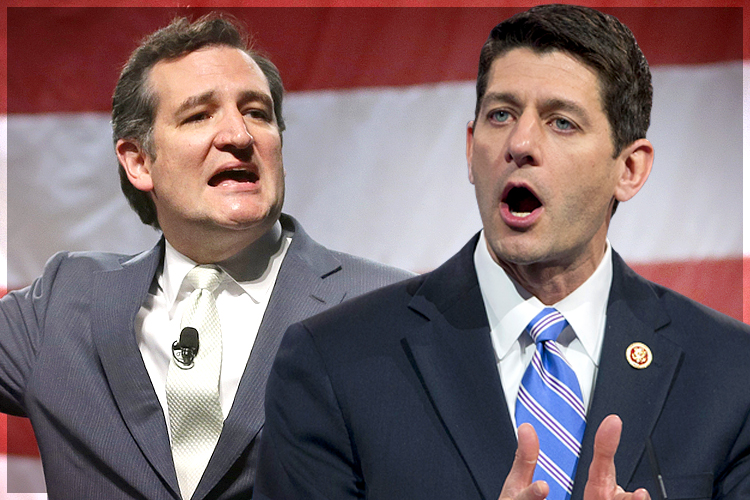Tweedism corrupts representative democracy. Not in a criminal sense, but in a design sense. Tweedism defeats the design weakens the dependency a representative democracy is meant to create. That systemic defeat is “corruption.”
This is a particular way to understand the idea of “corruption,” as a way to understand the corruption of Congress.
When we ordinarily use the term, “corrupt” is something we say of a person. And when we say it of a person, we of a representative democracy, by introducing an influence that mean something quite nasty. A corrupt person is an evil person, for corruption is a crime. There’s no ambiguity or uncertainty in the term. Like the death penalty or pregnancy, “corrupt” in this sense is binary.
But as well as corrupt individuals, there are corrupt institutions. And not corrupt in the sense that the crime has just metastasized from one to many. But corrupt in the sense that the institution has lost its way. For at least some institutions, there is a clear sense of the institution’s purpose. That purpose has been corrupted when an economy of influence has steered that institution away from its purpose. That steering is the corruption.
Yet here there need be no crime. An institution could be corrupt even if every individual within that institution was not corrupt. The only wrong necessarily attaching to any individual within a corrupt institution is the wrong of not repairing the corruption. It is the failure, as trustee, of maintaining that institution’s trust.
Our Congress is corrupt in this institutional sense. There may or may not be criminals among the members of Congress. If there are, they are very few. In the main, Congress is filled, in the words of former Senator Bill Bradley (D‑N.J.; 1979– 1997), with “fine public servants . . . stuck in a bad system.”
But relative to the baseline intended by our Framers, Congress is plainly lost. Tweedism shows why. The Framers meant Congress— or more precisely at the time, the House of Representatives, since at the founding the Senate was chosen by state legislatures— to be dependent in a very specific way. As James Madison described it, the House was to be “dependent on the people alone.”
Think about what that means. Dependent. We say that a child is dependent upon her parents, in the sense that she needs her parents to sustain herself. We say that a court is dependent on the law, in the sense that it is to draw its judgment from the substance of the law, and not from the politics of its judges. We say that a young man is dependent upon himself, in the sense that he draws his sustenance from his own industry and savings, and not from his parents or the state. We say the president is dependent upon the people, in the sense that she is selected in an election by the people. (At the framing convention, delegate James Wilson worried that if the president was selected by the Senate, his “dependence on them” would mean that “the President will not be the man of the people as he ought to be,” but would instead be a “minion of the Senate.”
In all these cases, dependence speaks to a relation governing a person or an institution over time. It describes the health or character of that person or institution. It provides a test for the loss of that character, or for its failing health.
Dependencies, of course, can be multiple. And they can conflict. A drug addict could be dependent on his employer for his income or career. But he is also dependent on the drug to which he is addicted. These dependencies are different. These dependencies conflict.
Tweedism describes a system within which there are multiple dependencies built into a democracy. In its simplest form, it describes an additional dependence within a democratic process— a dependence beyond a dependence “on the people alone.” Tweedism is a dependence on the tweeds as well as a dependence on the people. Were the tweeds simply a snapshot of the people— imagine the tweeds were a truly random and representative body of 5,000— that additional dependence would not be a corrupting dependence. Congress would be dependent on the tweeds and “the people,” but the tweeds would just be— in a statistical sense at least— the people.
But in America, the tweeds are not the people. They in no sense represent the people. The best political science demonstrates their views are not the views of the people. Yet to get elected in America, a so‑called “representative” must answer to these nonrepresentative tweeds first.
We’ve thus allowed to evolve an additional dependence that conflicts with a dependence on the people. We’ve thus allowed the original design to be corrupted. As Zachary Brugman puts it:
An additional relationship of dependence by a representative to attain office, beyond the dependence on the People, epitomizes corruption— and results in aristocracy.
We have allowed a structure to develop that defeats a primary objective of the Framers’ design. That structure— the way we fund campaigns— is thus a corruption of that design.
From the book “Republic, Lost: The Corruption of Equality and the Steps to End It.” Copyright © 2015 by Lawrence Lessig. Reprinted by permission of Twelve/Hachette Book Group, New York, NY. All rights reserved.

